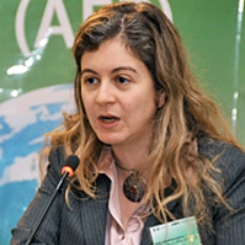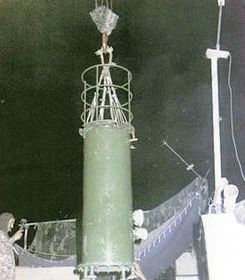By A. Vinod Kumar* | IDN-InDepth NewsAnalysis
NEW DELHI (IDN | IDSA) – For over two decades, a dominant section of western analysts harped on the volatilities of the India and Pakistan nuclear dyad, often overselling the ‘South Asia as a nuclear flashpoint’ axiom, and portending a potential nuclear flare-up in every major stand-off between the two countries. The turbulence in the sub-continent propelled such presages, with one crisis after another billowing towards serious confrontations, but eventually easing out on all occasions.
While the optimists described this as evidence of nuclear deterrence gradually consolidating in this dyad, the pessimists saw in it the ingredients of instability that could lead to a nuclear conflict. Though there is no denial of the fact that the three major crises since the 1998 nuclear tests – Kargil (1999), the Parliament attack and Operation Parakram (2001-2002) and the Mumbai terror strike (2008) – brought the two rivals precariously close to nuclear showdowns, not once had their leaderships lost complete faith in the efficacy of mutual deterrence. Fifteen years after the nuclear tests, it is relevant to examine if deterrence remains weak in this dyad or has consolidated towards greater stability.










